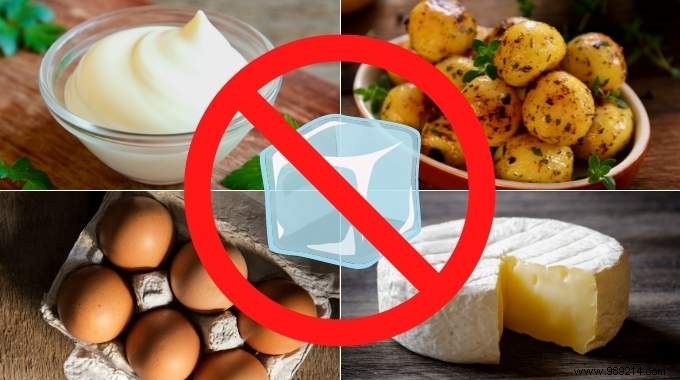
Freezing food is a great way to reduce waste, but not all items belong in the freezer. High-water-content foods can turn mushy, while others risk bacterial growth or explosion. As a seasoned home cook and food safety enthusiast with years of kitchen experience, I've tested these firsthand. Here are 30 foods you should never freeze to preserve quality, flavor, and safety. Watch out:

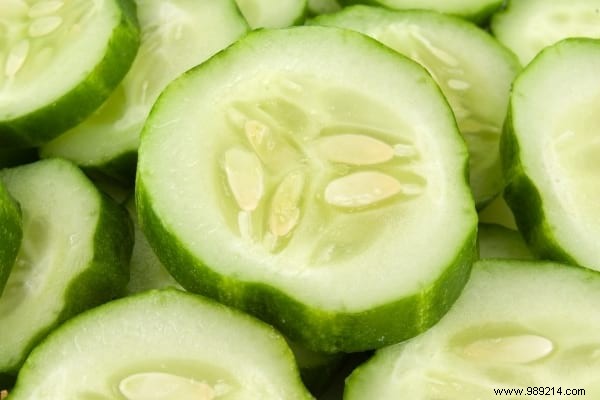
High-water vegetables freeze well initially but thaw into a mushy mess. Cucumbers are prime examples—they become soft and soggy, losing their crisp texture.
Stick to refrigeration unless you're blending them into soup post-thaw.
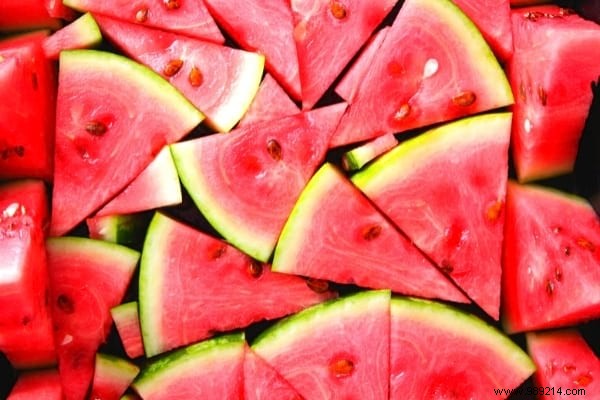
Like cucumbers, watermelon's high water content leads to grainy, unpalatable flesh after thawing. Its fresh flavor vanishes—enjoy it fresh and repurpose the rind creatively.

Oranges store beautifully at room temperature thanks to their rind. Freezing compromises texture and juice quality—skip it.

Frozen cooked pasta turns spongy and watery upon thawing, ruining the dish. Lasagna is an exception if frozen pre-baked and reheated thoroughly.

Fried or breaded items lose their crunch, becoming soggy. Fresh is best for that satisfying texture.
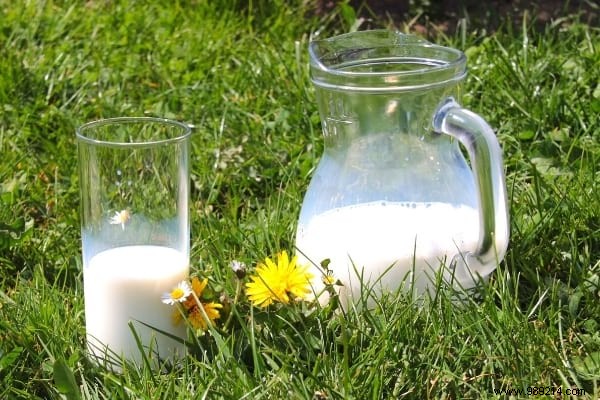
Milk can separate when frozen, especially low-fat varieties, forming lumps. Shake vigorously after slow fridge thawing to recombine. It's reliable for cooking.

Never freeze eggs in their shells—they crack or burst, inviting bacteria. Crack and freeze in bags instead. Avoid freezing hard-boiled eggs or mayo/meringue too.
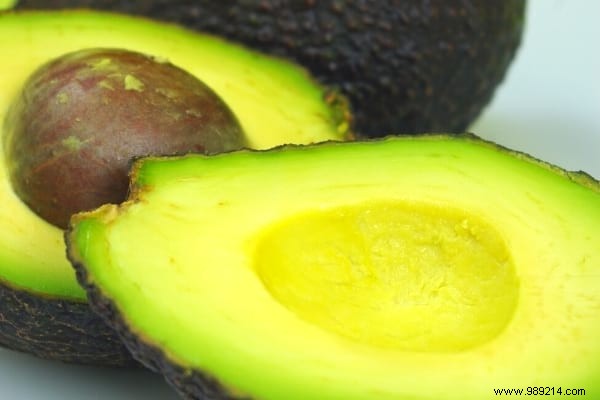
Avocados lose their creamy texture when frozen whole. Use frozen chunks in smoothies for best results.

Soft cheeses like ricotta or goat cheese turn watery. Hard varieties like Parmesan freeze well.

Carbonation causes cans/bottles to explode. Thaw any survivors slowly in the fridge, though flavor may alter.
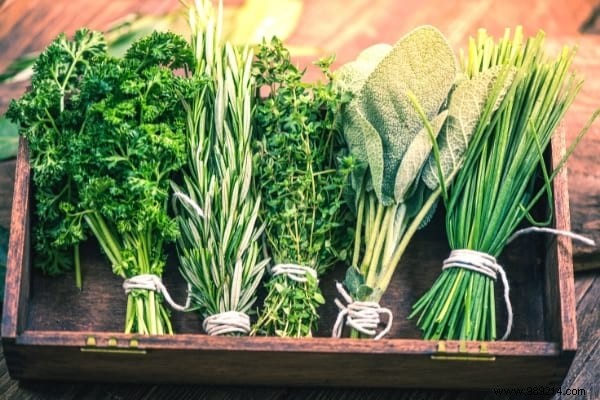
Herbs wilt and mush post-thaw. Freeze in oil-filled ice cubes for flavor preservation.
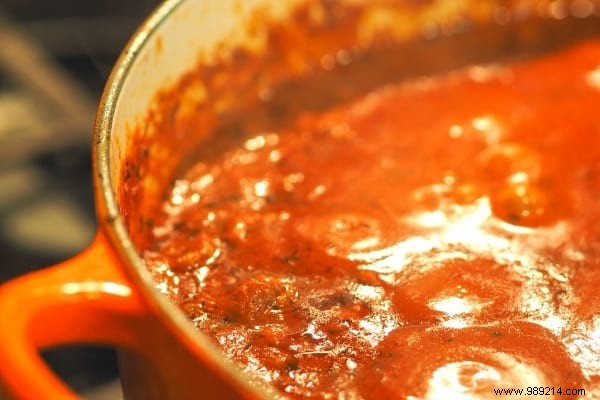
Freezing alters sauces' smoothness and taste—consume fresh leftovers promptly.
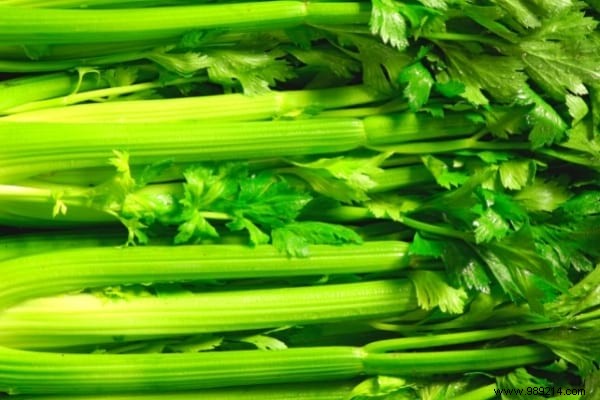
Blanch celery first to retain texture, color, and flavor. Raw frozen celery turns limp.

Marshmallows harden irreversibly after freezing—store at room temp.
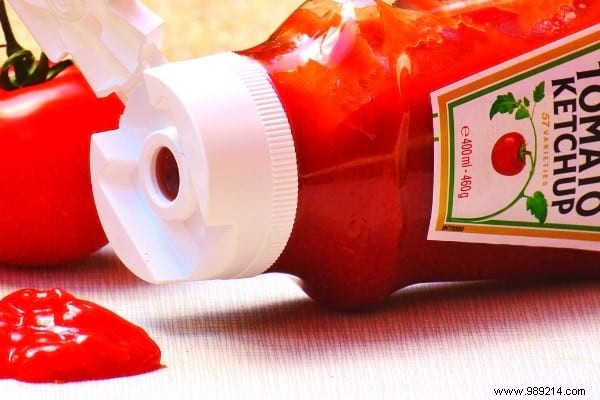
Ketchup separates into watery grit. Refrigerate instead.
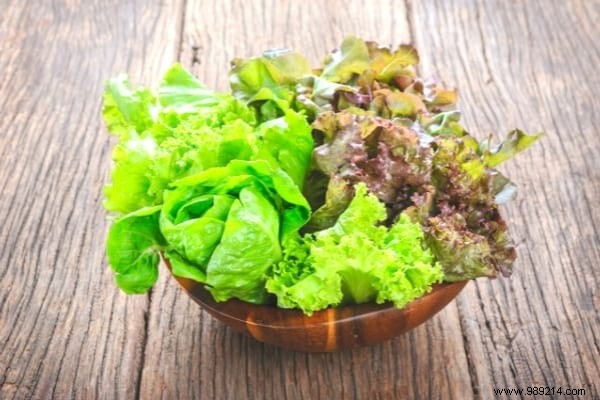
Leafy greens wilt and sog. Use frozen for soups/smoothies at best.

Carbonation guarantees explosions—never freeze.
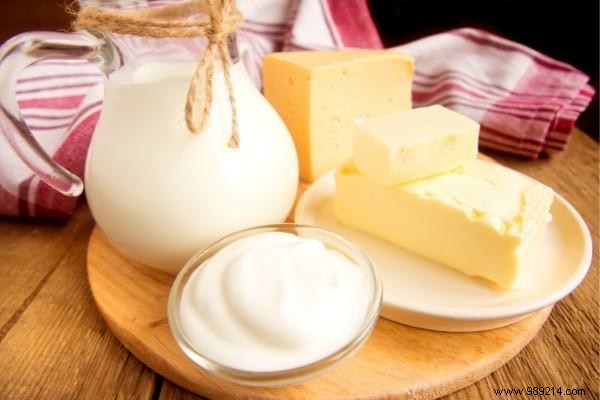
Dairy curdles and grains. Texture suffers irreparably.

Raw potatoes darken and grain. Cooked ones freeze better. Store raw at room temp.
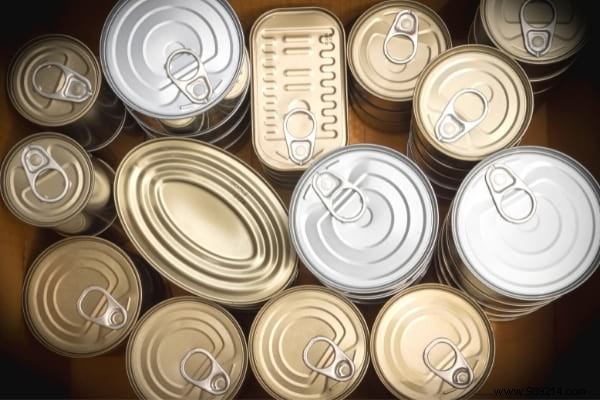
Cans expand and burst. They're shelf-stable by design.
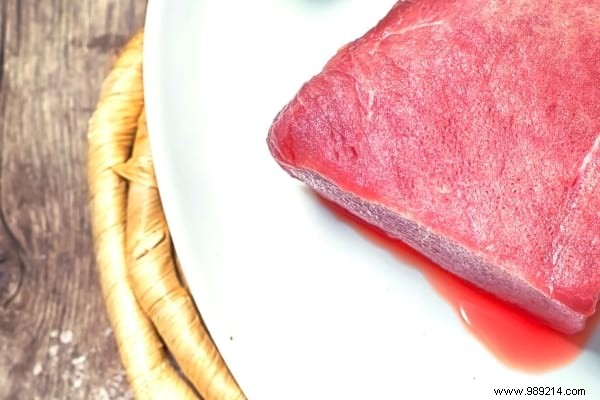
Bacteria multiply during thaw—cook immediately, never refreeze.

Freezing dulls flavors. Keep in a cool, dry pantry.

Bacterial risks soar post-thaw—cook right away.
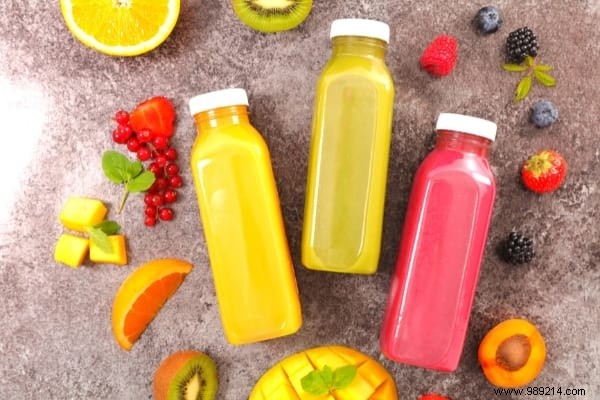
Sugar content risks fermentation and spoilage.
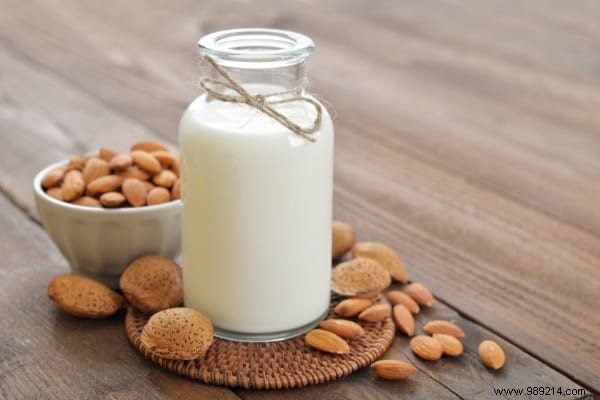
Separates into odd layers, altering taste despite intact nutrition.

Freezing ruins fine wines' flavor—use in cooking only if desperate.

Bottles explode from pressure. Store properly chilled.
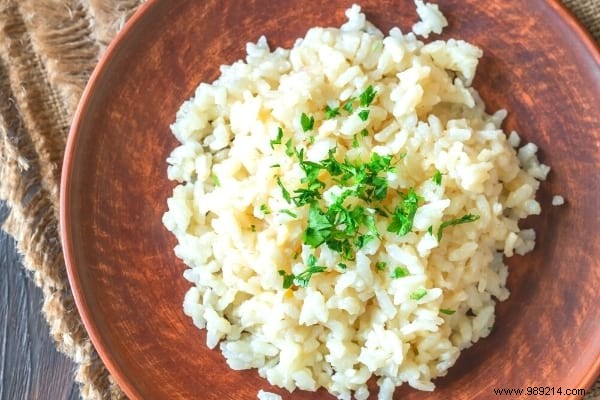
Cooked rice hardens and loses appeal. Freeze in small portions if needed.
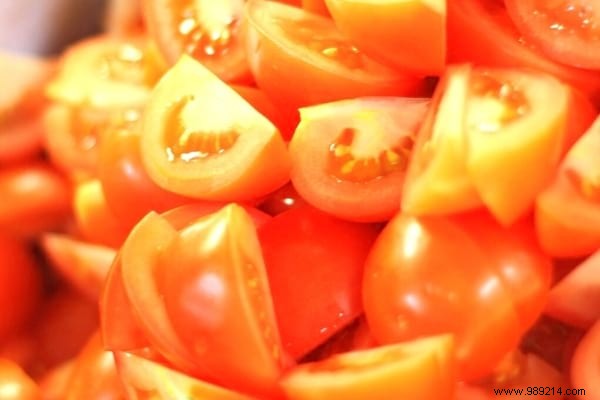
Skins toughen, flesh mushens. Freeze cooked instead.
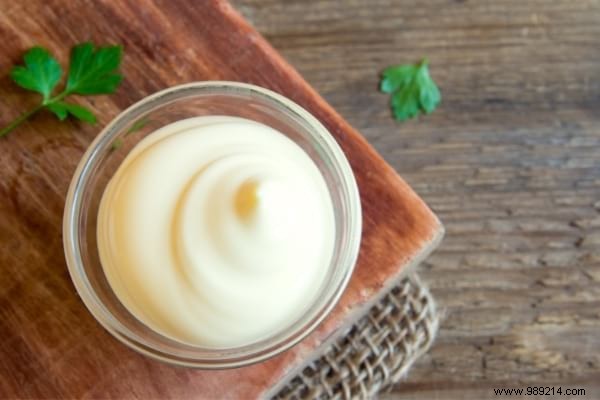
Emulsion breaks, creating lumps. Applies to mayo-based salads too.